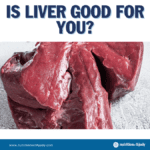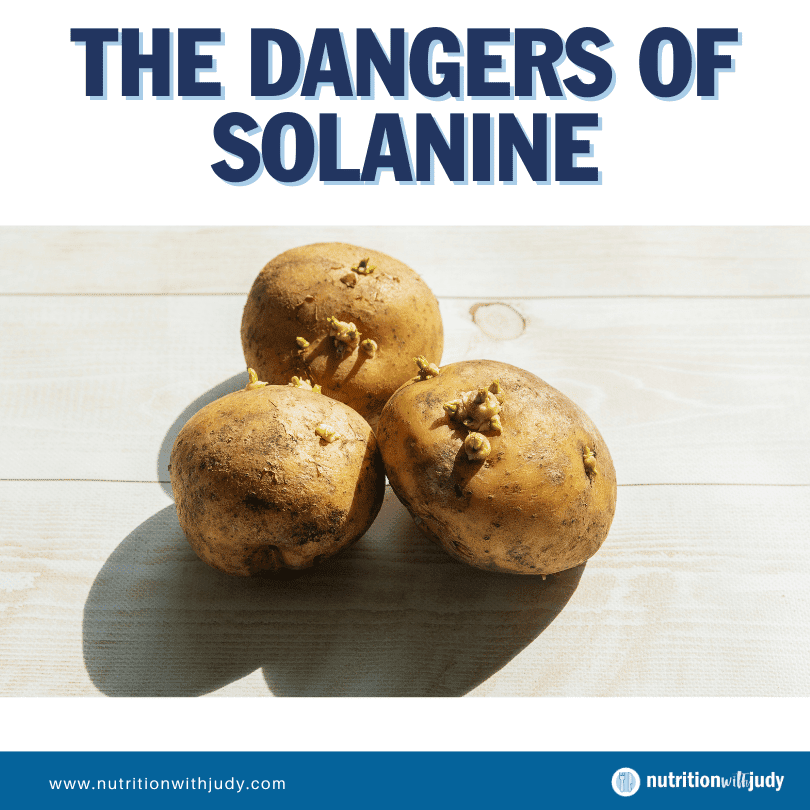

The Dangers of Solanine


As we delve into the world of the carnivore diet, a frequent question from those embarking on this journey is why plants are omitted. The answer lies in understanding plant anti-nutrients, such as solanine, and their impact on our health. Anti-nutrients in plants such as oxalates, lectins, and phytates can interfere with the digestive process and block the absorption of vital nutrients such as iron, zinc, magnesium, and phosphorus.
Solanine, found in nightshade vegetables, is one such anti-nutrient that raises concerns due to its potential negative effects on digestion and overall well-being. This article is dedicated to unraveling the mysteries of solanine and the dangers associated with consuming this anti-nutrient, providing valuable insights into why avoiding certain plant-based foods can be beneficial for your health.
What Is the Carnivore Diet?
The carnivore diet offers various adaptations to suit individual health objectives and preferences. Each variation is distinct in its approach:
- Beef-Only Carnivore Diet: This variant focuses exclusively on beef consumption. Ideal for simplicity and effectiveness, especially in elimination diets, it’s recommended for those with autoimmune or chronic health issues. To achieve nutritional balance, diversifying meat intake over time is advisable.
- Lion Diet: A more stringent version, the lion diet includes only ruminant meats, salt, and water. Typically employed in initial elimination protocols, it allows for a gradual reintroduction of other meats. It’s particularly beneficial for individuals focusing on autoimmune and gut health.
- Nose-to-Tail Carnivore Diet: Advocating for the consumption of all animal parts, including organ meats, this variant aims for a holistic nutrient profile. Those with specific liver conditions should be cautious, particularly with liver and kidney intake, to avoid nutrient excesses such as vitamin A toxicity.
- Meat-Only Carnivore Diet: Encompassing all muscle meats while excluding organ meats, dairy, and eggs, this diet suits those seeking a foundational elimination approach and are comfortable with various muscle meats.
- Zero-Carb Carnivore Diet: Targeting foods with minimal to no carbohydrates, it includes dairy, eggs, and all meats, with a focus on meat and animal fats. Seasonings may be added. Suitable for individuals without autoimmune or severe chronic health issues and who tolerate dairy and eggs.
- Carnivore Keto Diet: Merging ketogenic principles with the carnivore approach, this low-carb, high-fat diet simulates fasting effects while offering a variety of low-toxicity keto options. Avocados and coconut oil are common inclusions, recommended for those who are metabolically sound and have resolved most chronic health issues.
- Carnivore-Ish Keto Diet: Offering more flexibility, this variation integrates additional ketogenic elements while emphasizing animal-based foods. It may include keto sweeteners, some nuts, and other keto-friendly items, ideal for metabolically healthy individuals without food addiction concerns.
- Animal-Based Diet: Less restrictive than the pure carnivore diet, it centers on animal products with allowances for fruits, honey, and raw dairy. In our experience, this diet best suits metabolically flexible individuals and elite athletes.
Each of these variations of the carnivore diet is designed to cater to different health needs and dietary preferences, ensuring a tailored approach to wellness and nutrition.
What Are the Benefits of the Carnivore Diet?
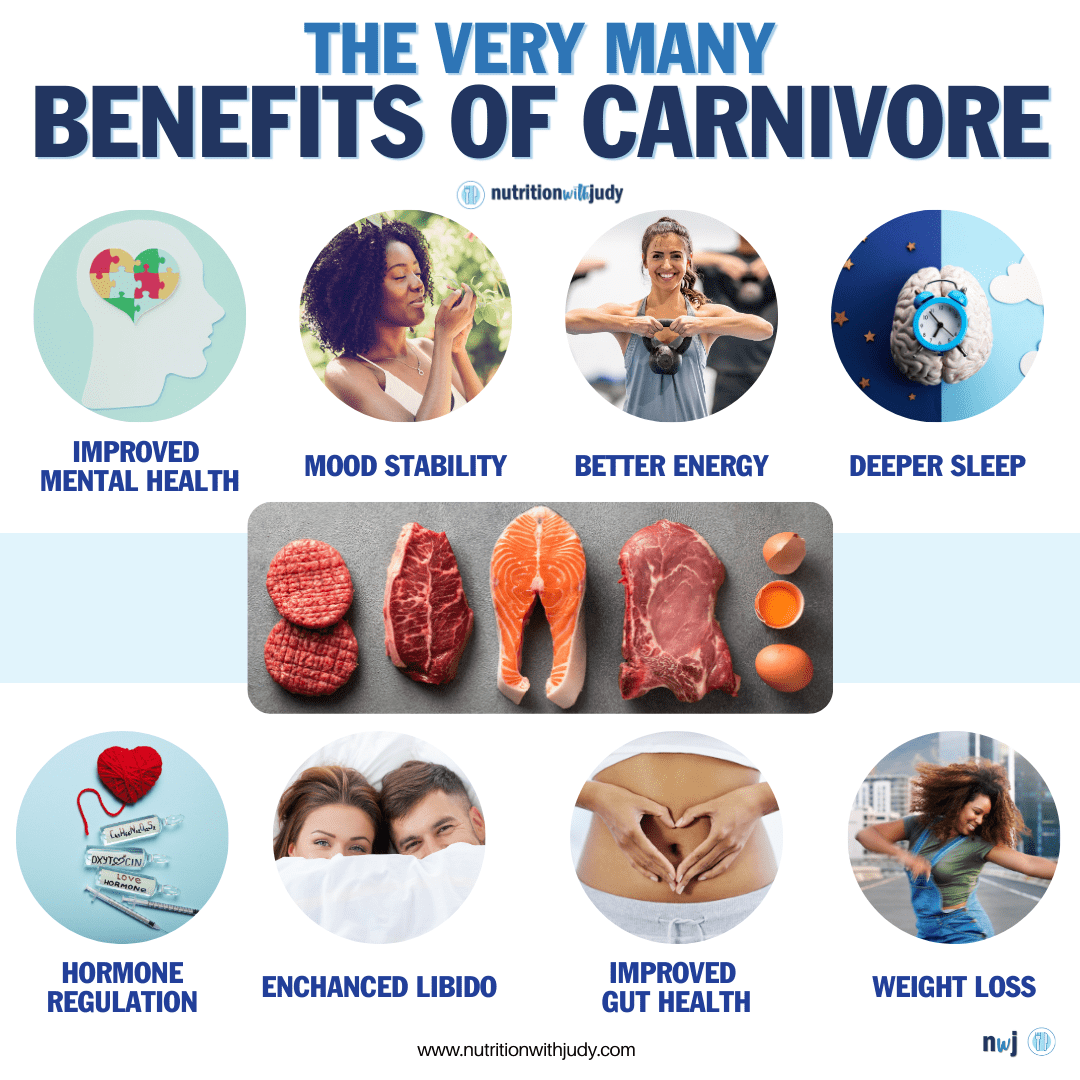

The carnivore diet, with its focus on animal-based foods, offers an array of benefits, making it an appealing choice for many seeking improvements in their health and well-being. Here’s a comprehensive overview of the reasons why individuals might want to try this way of eating:
- Mental Health Benefits: Numerous individuals have reported significant improvements in mental health conditions such as depression and anxiety after adopting the carnivore diet. This diet has not only helped in alleviating symptoms but also in breaking free from unhealthy relationships with food.
- Anthropological and Historical Basis: The diet is supported by anthropological evidence suggesting that our ancestors predominantly consumed fatty meats. This historical perspective underscores the diet’s alignment with human evolutionary nutrition needs.
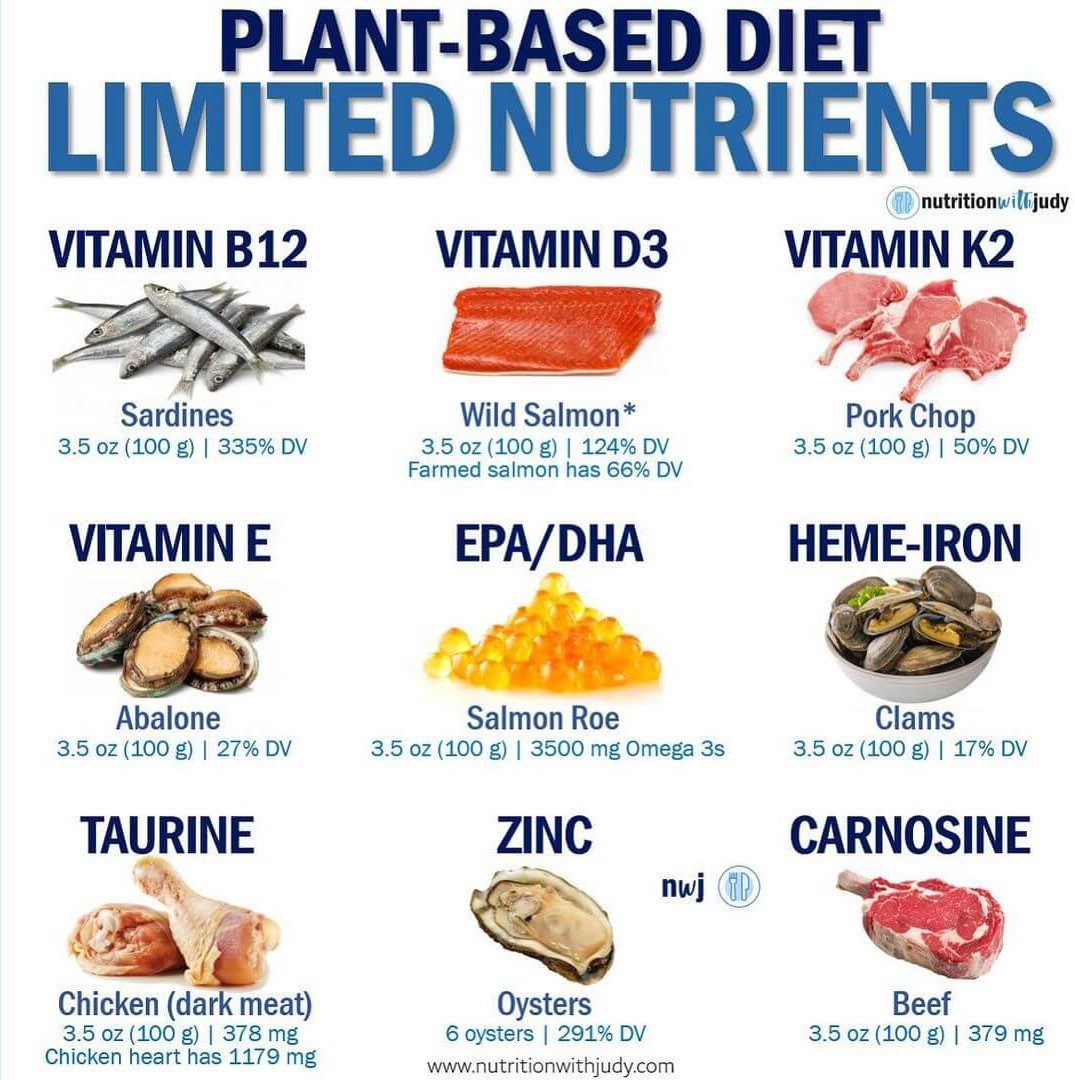

- Addressing Nutritional Concerns: The carnivore diet effectively addresses various nutritional deficiencies and concerns. It’s a resourceful approach for those exploring food sensitivities, as it eliminates common allergens and irritants found in plant-based foods.
- Versatility for Various Health Conditions: Whether it’s insulin resistance, autoimmune disorders, gut issues, or mental health imbalances, the carnivore diet offers a high-fat, meat-only approach that’s beneficial in addressing a wide range of health issues.
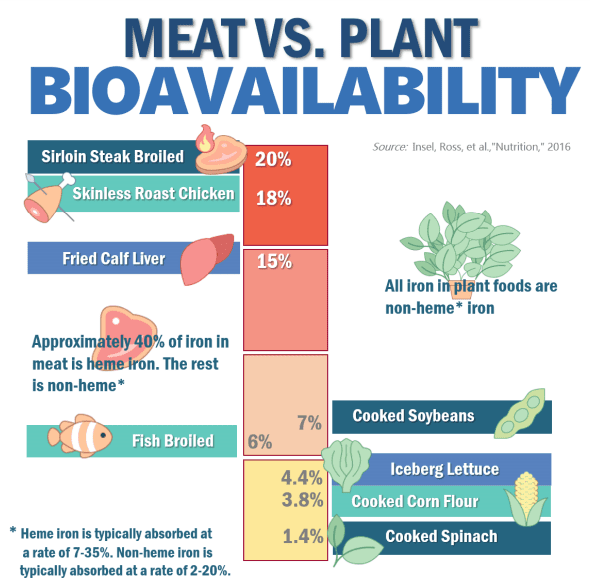

- Nutrient Density and Bioavailability: Meat is unrivaled in terms of nutrient density and bioavailability. This makes the Carnivore Diet particularly effective for healing diseases that have been part of the body for extended periods.
- Personalization for Optimal Health: The diet provides the flexibility to personalize your eating plan based on individual health needs and preferences. It encourages the exploration of various meat types, such as salmon for omega-3s and pork for thiamine, to achieve a balanced nutrient intake.
- Holistic Approach to Health: Beyond nutrition, the carnivore diet emphasizes the importance of a holistic approach to health. This includes the mind-body connection, stress management, and fostering healthy relationships, recognizing that optimal health is not solely about diet.
These benefits highlight why the carnivore diet can be a transformative way of eating for many individuals. It’s not just about what you eat, but how it aligns with your overall health, lifestyle, and personal health journey. Whether you’re looking to address specific health issues, seeking a diet rooted in historical and anthropological evidence, or simply aiming for a holistic approach to wellness, the carnivore diet offers a viable and adaptable solution.
What Are Plant Anti-Nutrients?
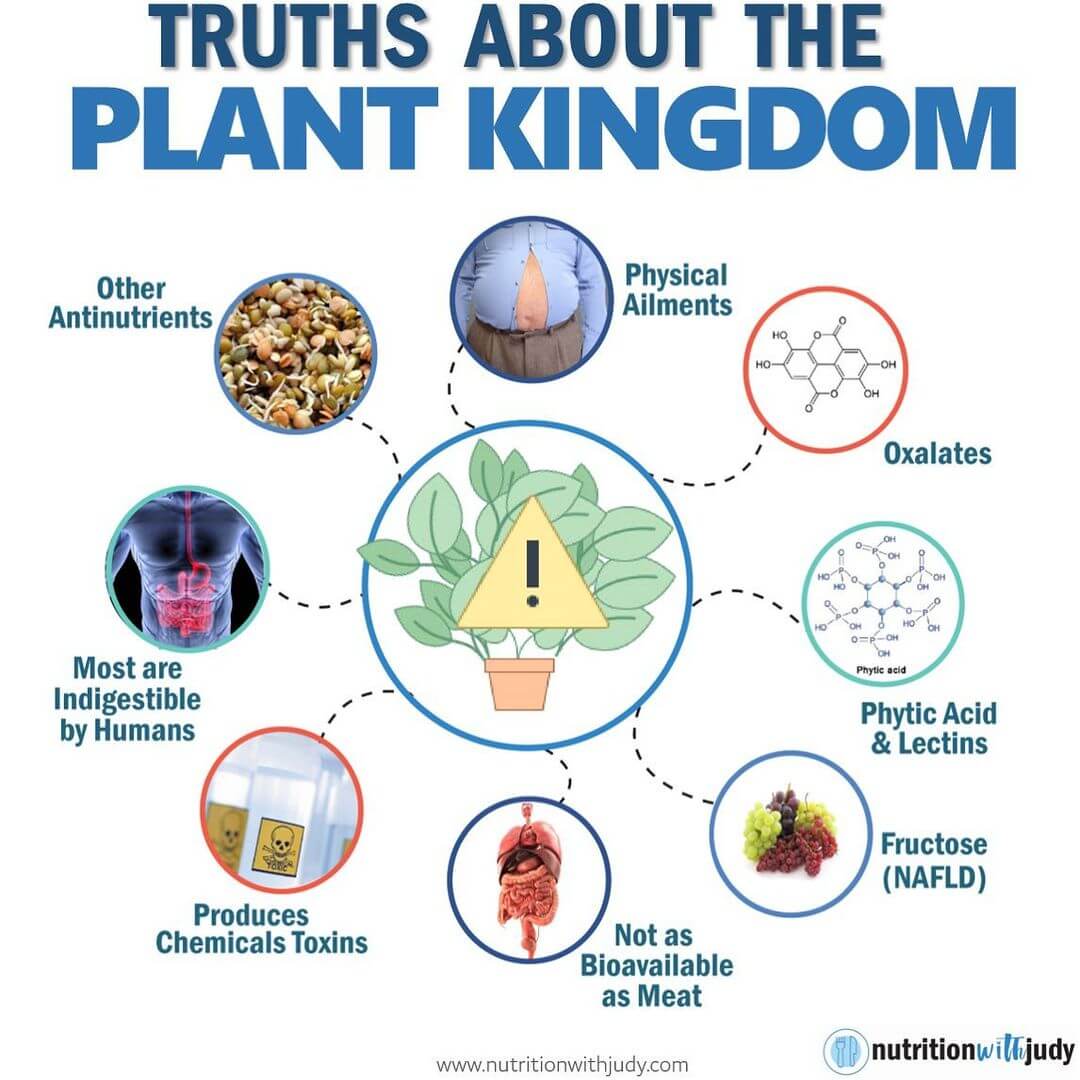

Plant anti-nutrients are natural compounds found in various plant foods that can interfere with the absorption of nutrients and even lead to digestive problems. These substances are part of plants’ natural defense mechanisms against pests and diseases but can have adverse effects on human health when consumed in large quantities. Understanding these anti-nutrients is essential, especially for those considering a diet shift towards plant-based foods.
- Lectins: Found in legumes and grains, lectins are known to block the absorption of essential minerals such as calcium, iron, phosphorus, and zinc. They can interfere with the digestive process and are particularly prominent in legumes, making them resistant to standard cooking, soaking, and sprouting methods.
- Oxalates: Oxalates are enzyme inhibitors present in foods such as spinach, nuts, potatoes, and raspberries. They can cause major digestive issues and are known for their role in the formation of kidney stones. Despite their low glycemic index, foods such as raspberries that are high in oxalates can still pose risks due to these anti-nutrients.
- Phytates (Phytic Acid): Commonly found in grains, legumes, seeds, and nuts, phytates can hinder the absorption of minerals such as iron, zinc, magnesium, and phosphorus. Although methods such as soaking and sprouting can reduce phytate levels, they don’t eliminate them entirely. For instance, almond flour, a popular alternative to traditional flour, contains multiple anti-nutrients, including phytates, which aren’t fully removed even after soaking and sprouting.
- Goitrogens: These substances, found in foods such as cruciferous vegetables (e.g., broccoli, cauliflower, and brussels sprouts), can interfere with thyroid function by inhibiting iodine uptake. While cooking can reduce goitrogen content, regular consumption of these vegetables in raw form can potentially affect thyroid health.
- Gluten: A well-known anti-nutrient, gluten is found in wheat, barley, and rye. It can cause digestive issues and inflammatory responses, particularly in individuals with gluten sensitivity or celiac disease. Gluten can also activate zonulin, the regulator of leaky gut, in turn, increasing intestinal permeability.
- Saponins: Present in quinoa and legumes, saponins can cause leaky gut by damaging the intestinal lining. Rinsing quinoa thoroughly before cooking can help reduce saponin content.
These anti-nutrients can impact nutritional absorption and overall health. While some can be reduced through cooking and preparation methods, others persist and can contribute to health issues if consumed in large amounts. This knowledge is crucial for anyone exploring dietary changes, especially those with existing health concerns or considering a shift towards more plant-based eating.
What Is Solanine?
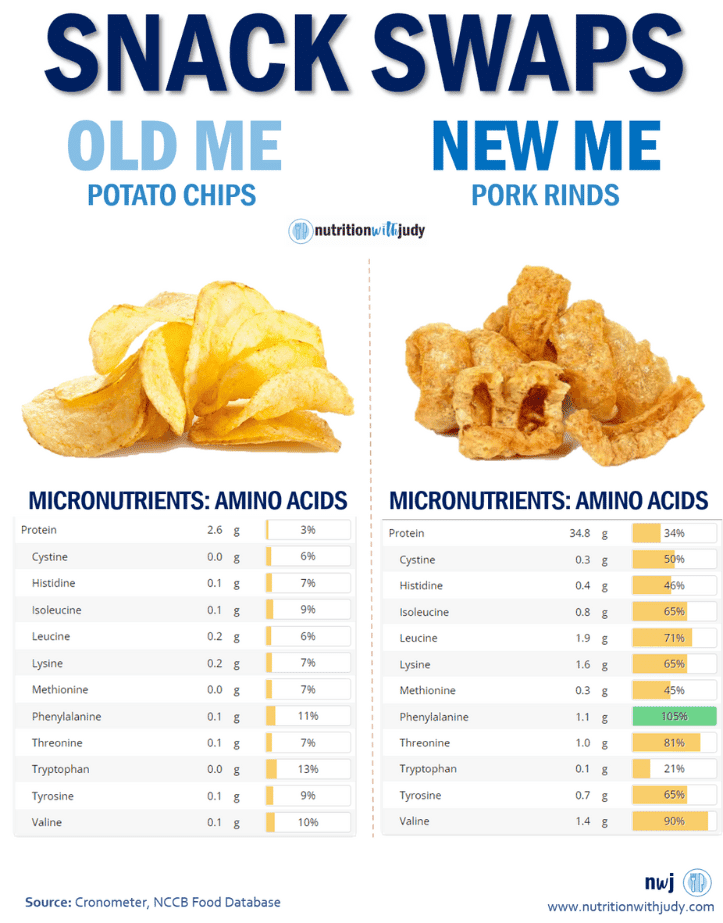

Solanine is a glycoalkaloid poison found in plants from the nightshade family, including potatoes, tomatoes, and eggplants. It serves as a natural defense mechanism for these plants against insects, fungi, and herbivores. While solanine is present in low concentrations in these foods, consuming them in large amounts or eating potatoes that have turned green can lead to solanine toxicity.
The risks and dangers associated with solanine consumption include:
- Gastrointestinal Symptoms: Solanine can cause nausea, vomiting, diarrhea, and abdominal pain. These symptoms typically occur within a few hours of consuming high-solanine foods.
- Neurological Effects: High levels of solanine can lead to neurological disorders, including headaches, dizziness, and in severe cases, hallucinations and loss of consciousness.
- Inflammation and Joint Pain: Some individuals may experience inflammation and joint pain as a response to solanine, especially those with arthritis or other inflammatory conditions.
- Potential for Acute Toxicity: Although rare, acute solanine toxicity can occur with symptoms like fever, rapid breathing, and low blood pressure, requiring immediate medical attention.
The primary food sources of solanine:
- Potatoes: Green potatoes and potato sprouts contain high levels of solanine. It’s advisable to avoid eating potatoes that have turned green or have sprouts.
- Tomatoes: While ripe tomatoes contain lower levels of solanine, unripe, green tomatoes have higher concentrations.
- Eggplants: Similar to tomatoes, eggplants contain solanine, especially when unripe.
Preventive measures to reduce solanine intake include thoroughly cooking these foods, avoiding green or sprouted potatoes, and discarding any part of the vegetable that looks spoiled or damaged. While normal culinary amounts of these vegetables are generally safe for most people, those with sensitivity, autoimmunity, or existing health conditions should exercise caution. It is important to note that solanine is heat-stable, meaning cooking does not significantly reduce its concentration in food.
While solanine is a naturally occurring compound in some vegetables, its potential risks warrant attention, especially when consuming potatoes, tomatoes, and eggplants. Recognizing the symptoms of solanine toxicity and taking preventive measures can help mitigate these risks.
Solanine Poisoning
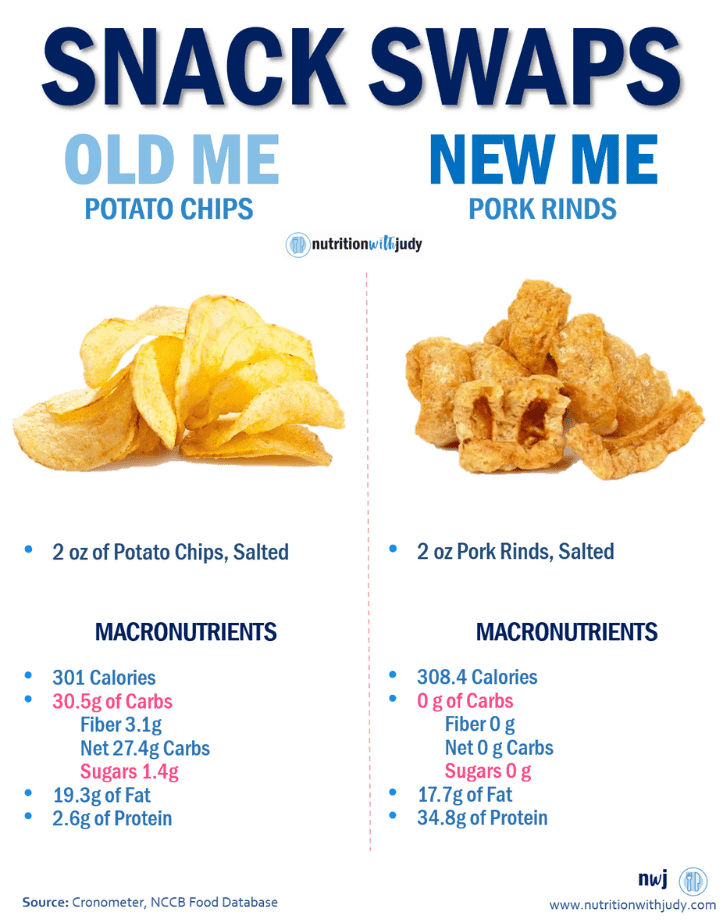

Solanine poisoning, also known as glycoalkaloid poisoning, occurs when an individual ingests high levels of solanine. This compound acts as a natural pesticide and fungicide for these plants but can be harmful to humans in large quantities.
The symptoms of solanine poisoning are varied and can affect multiple systems in the body. They typically appear within a few hours of consumption and include:
- Gastrointestinal Symptoms: The most common signs of solanine poisoning involve the digestive system, manifesting as nausea, vomiting, abdominal pain, and diarrhea.
- Neurological Symptoms: Solanine can impact the nervous system, leading to symptoms like headaches, dizziness, and in severe cases, hallucinations, confusion, and loss of consciousness.
- Respiratory Symptoms: Difficulty breathing and respiratory distress may occur in more serious cases.
- Cardiovascular Symptoms: Rapid heartbeat and low blood pressure are potential cardiovascular effects of solanine toxicity.
While there are preventative practices to help reduce the risk of solanine consumption, another avenue is exploring the carnivore diet and sticking to meat. Nightshades still pose other anti-nutrient concerns such as lectins and oxalates. Glyphosate and pesticide exposure as well as modern preserving techniques are all things to consider with produce.
Birth Defects and Solanine
Solanine, a naturally occurring glycoalkaloid found in several plants, plays a controversial role in discussions about birth defects. It acts as a natural pesticide, protecting plants from insects and diseases, but its impact on human health, especially during pregnancy, has been a subject of ongoing research and debate.
While solanine is generally considered safe for consumption in small amounts, there is evidence to suggest that high levels of exposure can be toxic and potentially harmful to developing fetuses. Studies have indicated that solanine can interfere with the normal development of cells and may cause congenital abnormalities if ingested in significant quantities by pregnant women.
However, it’s important to note that the actual risk of birth defects from dietary solanine intake is relatively low, provided that the vegetables containing solanine are properly prepared and consumed in moderation. The conversation around solanine and birth defects underscores the need for further research to fully understand the implications of glycoalkaloid exposure during pregnancy and to provide clear guidelines for safe dietary practices.
Minimize Solanine and Other Plant Anti-Nutrients With the Carnivore Diet
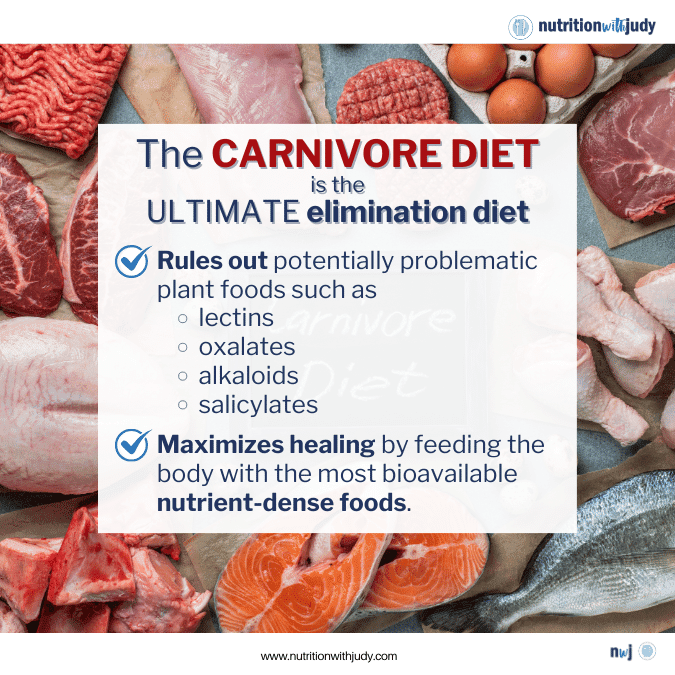

Adopting a carnivore diet is an effective way to avoid solanine and other plant anti-nutrients. This diet, centered exclusively on animal-based foods, naturally eliminates the consumption of nightshade vegetables such as potatoes, tomatoes, and eggplants, which are common sources of solanine. Additionally, since the carnivore diet excludes grains, legumes, nuts, and seeds, it also sidesteps other anti-nutrients like lectins, oxalates, and phytates, known to interfere with nutrient absorption and digestive health.
The carnivore diet can be particularly beneficial as an elimination diet. It helps in identifying food sensitivities and resolving digestive issues that might be aggravated by plant anti-nutrients. By focusing on nutrient-dense, bioavailable animal products, individuals can support their body’s healing and restoration processes. This diet provides an opportunity to reset the digestive system and reduce inflammation.
Once the desired level of healing is achieved, individuals can gradually reintroduce other foods. This cautious approach allows for the monitoring of any adverse reactions or sensitivities to specific plant compounds, enabling a more informed and personalized dietary plan. The reintroduction phase is crucial for understanding individual tolerance levels and creating a balanced, sustainable diet that aligns with one’s health goals and needs.
The carnivore diet serves as an effective strategy for those looking to avoid solanine and other plant anti-nutrients, offering a path to healing and the opportunity for a careful, guided reintroduction of a wider variety of foods.
Closing Thoughts On Solanine, Plant Anti-Nutrients, and the Carnivore Diet
Solanine, a glycoalkaloid found in nightshade family plants such as potatoes, tomatoes, and eggplants, acts as a natural pesticide but can be toxic to humans in high amounts. Consuming excessive solanine can lead to gastrointestinal, neurological, respiratory, and cardiovascular symptoms, known collectively as solanine poisoning. To minimize the risk, it is advised to avoid green or sprouted potatoes, consume ripe tomatoes and eggplants, and store potatoes properly.
Plant anti-nutrients, including lectins, oxalates, phytates, goitrogens, gluten, and saponins, are compounds in various plant foods that can interfere with nutrient absorption and digestion. Found in legumes, grains, nuts, seeds, and certain vegetables, these anti-nutrients can contribute to health issues, especially in large quantities or for those with sensitivities.
The carnivore diet, focusing solely on animal-based foods, naturally eliminates exposure to solanine and other plant anti-nutrients. This diet can be particularly useful as a temporary elimination strategy to identify food sensitivities and digestive issues. By excluding nightshade vegetables, grains, and legumes, the carnivore diet allows for gut healing and reduction of inflammation. Once healing is achieved, a cautious reintroduction of other foods can help in creating a balanced, personalized diet.
Understanding solanine, plant anti-nutrients, and the carnivore diet’s role in mitigating their effects is crucial for those exploring dietary changes for better health.
Work With Our Trusted Carnivore Diet Functional Nutritional Therapy Practitioners
The Nutrition with Judy practice is honored to be a trusted carnivore diet practitioner support serving clients from around the globe. We’re passionate about helping our clients achieve root-cause healing in order to lead the best quality of life possible that’s nearly symptom-free. Our team is dedicated to educating our community about the incredible benefits of the carnivore diet. We welcome you to explore our free resources and are always available to support you through personalized protocols. Our Symptom Burden Assessment (SBA) is the perfect starting point for discovering your root cause and is required to work with our team— you can learn more in-depth about this powerful tool here.
Start your root-cause healing journey today and contact us any time with any questions or concerns.
DISCLAIMER: This content is for educational purposes only. While we are board-certified in holistic nutrition and are nutritional therapy practitioners, we are not providing medical advice. Whenever you start a new diet or protocol, always consult with your trusted practitioner first.





